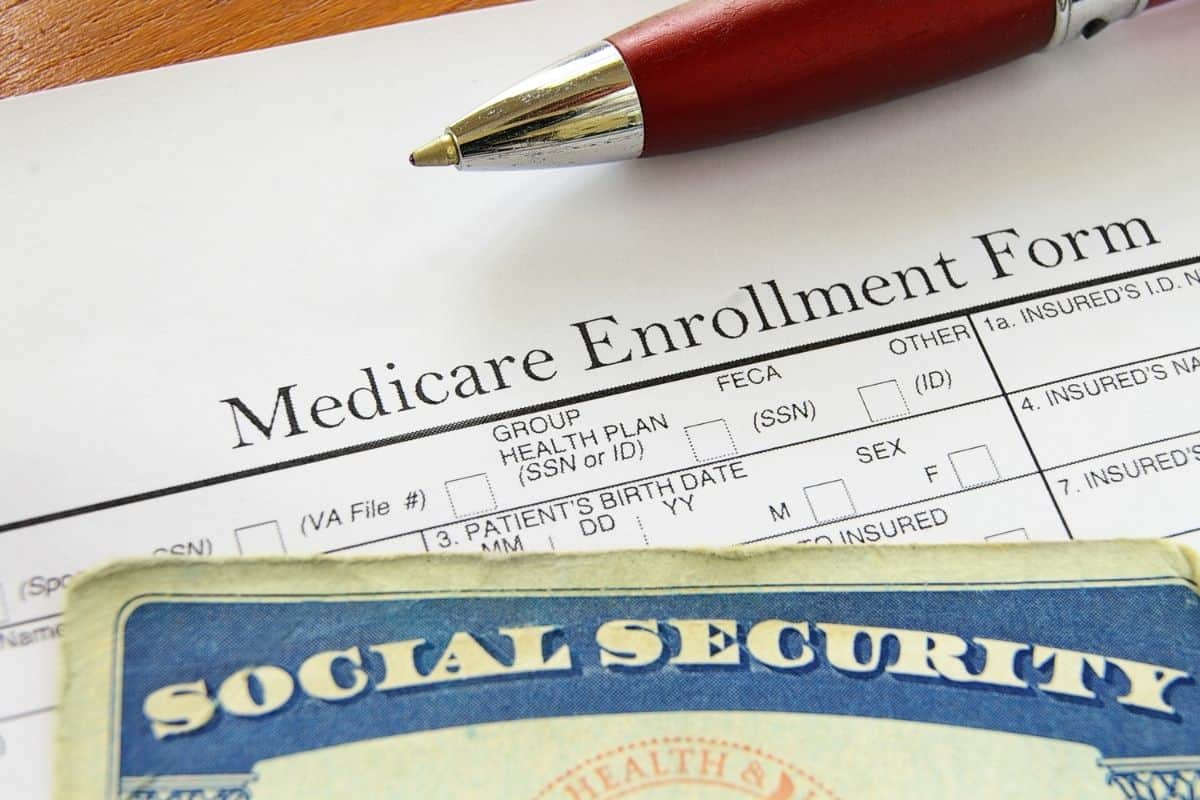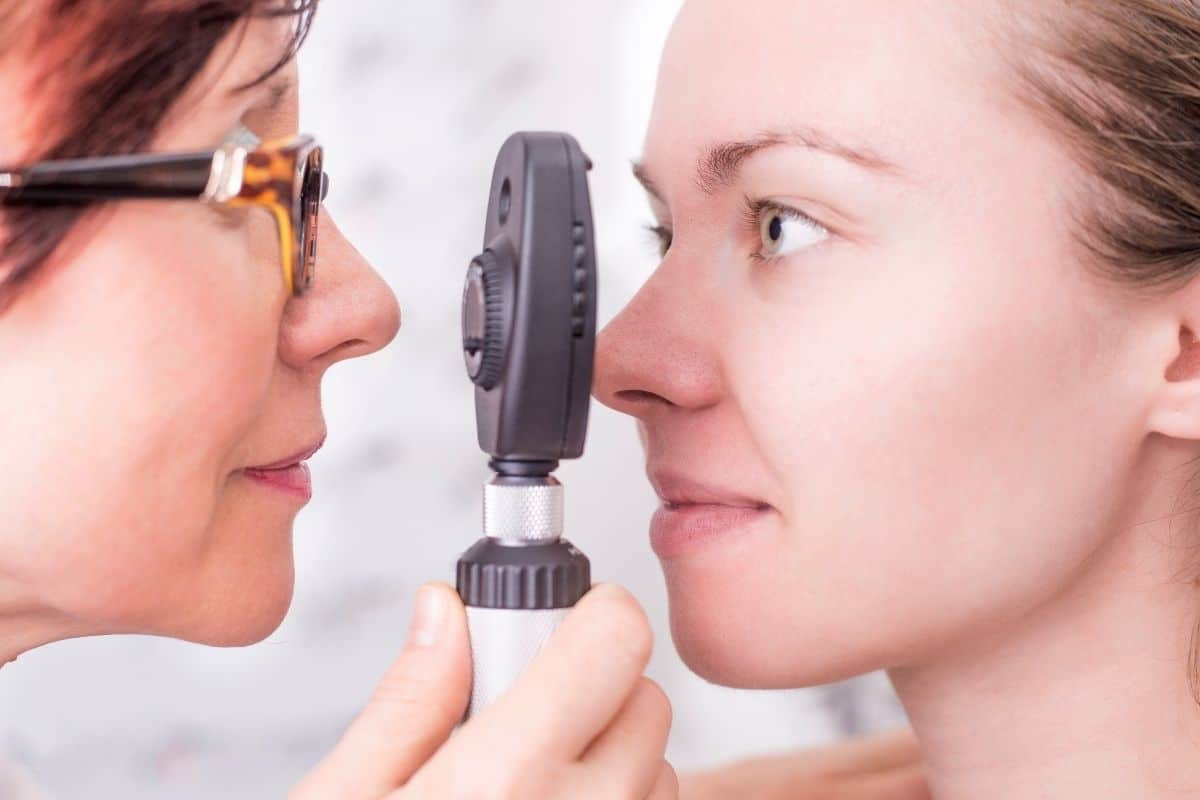Does Medicare Pay for Glasses?
Receiving any sort of medical treatment in the US can be very expensive. Unfortunately, many people are unable to afford to get proper medical care.
Due to this, some might skip a visit to the ER or skip buying new glasses. It is estimated that over half of the population needs some sort of vision correction in the US.
Yet, going to the optician and paying for glasses, can result in a hefty bill many would like to avoid.
In order to help people with their health care, there is insurance available for certain groups of people.
This could be private insurance or national federal insurance such as Medicare. Though the question remains, does Medicare pay for glasses?
In this article, we are going to look at whether Medicare has the potential to cover the cost of your glasses.
We are also going to inform you about anything you must know that is related to this topic.
Table of contents
What is Medicare?
Medicare is a health insurance program that is provided by the federal government. However, Medicare health insurance is not a program available to everyone.
In order to have Medicare health insurance cover the cost of your medical treatments, you need to meet their eligibility criteria.
In order to be eligible for Medicare health insurance, you need to be over the age of 65.
Other than this, there are exceptions as certain younger people with disabilities can be covered by Medicare.
The last group of people who are eligible for Medicare coverage are those with End-Stage Renal Disease.
What are the Parts of Medicare?

Medicare is split into different parts which help to cover certain services.
Medicare Part A is hospital insurance. This part of Medicare will help to cover inpatient hospital stays, certain home health care, hospice care, and any care in a qualified nursing facility.
Medicare Part B is medical insurance. Medicare Part B provides cover for outpatient care, preventive services, and medical supplies. Part B also covers specific doctor’s services.
Medicare Part D is coverage for prescription drugs. This means this part helps to cover the expenses of prescription drugs and vaccines.
Most people who are covered by Medicare are covered by the Original Medicare program. This program combines both Part A and Part B.
Medicare and Glasses
It also does not cover the cost of contacts, frames, and lenses.
Those who are enrolled in the Original Medicare program are expected to cover 100% of the cost of their eye care, such as eye exams.
However, there is an exception when it comes to cataract surgery. In the case of cataract surgery, those enrolled in Medicare Part B will be assisted by Medicare.
For example, during cataract surgery, some patients might have intraocular lenses inserted. Medicare Part B can help to cover the cost of corrective lenses needed after surgery.
There is also the option for those covered by Medicare Part B to order one pair of glasses from a provider that Medicare has authorized.
Any extra features for these glasses will not be covered by Medicare and patients are expected to cover the cost for any additional features.
Medicare Part B covers all of the treatments related to cataracts, such as screenings. Though Medicare does not cover the cost completely.
Medicare will cover 80% of the costs of these treatments and those enrolled in the Medicare program will have to pay the remaining 20%.
The remaining 20% is an additional cost, as Medicare enrollees must also pay their yearly deductible.
Medicare and Eye Exams

Eye exams are not covered by the Original Medicare program. In fact, the Original Medicare program does not cover any routine services such as eye exams, dental care, or other types of care.
This means that anyone enrolled in the Medicare program will need to cover the complete cost of eye exams, without the support of Medicare insurance.
However, Medicare Part B will cover the cost of eye exams for three conditions.
The first condition is glaucoma. If those enrolled in Medicare Part B are having a screening for glaucoma, then Medicare will cover this.
The screening process for glaucoma includes an eye exam, which would be one of the times Medicare does cover an eye exam.
Though there is a limit to the number of screening for glaucoma those enrolled in Medicare Part B can have it for free.
Medicare Part B gives one free glaucoma screening per year if the patient has a higher risk of having this condition.
Another condition that Medicare Part B provides coverage for is diabetic retinopathy. Medicare Part B covers a yearly vision screening to check for this condition.
However, the enrollee must meet the criteria. To qualify for this they need to be enrolled in Medicare Part B. They need to be diabetic.
They also need to be open to scheduling an eye exam at an optician in their state.
The last condition Medicare Part B provides some cover for is macular degeneration.
This is a condition that is the leading cause of blindness in seniors older than 50 years.
Medicare Part B allows a yearly exam to check for this condition.
If an enrollee is diagnosed with macular degeneration, then Medicare Part B covers 80% of the expenses of the treatment.
The enrollee will still need to pay their yearly deductible.
Medicare Advantage and Eye Care
Medicare Advantage plans often include the benefits of Medicare Part A and Medicare Part B, with the added bonus of including extra services.
It would be up to those eligible for Medicare to look for an advantage plan that is able to cover the cost of eye care.
Final Thoughts
Original Medicare does not cover the cost of glasses or other routine eye care services.
However, it can cover the cost of glasses as part of the treatment involved with cataract surgery.
There are exemptions for Medicare covering the cost of eye care services.
We hope this guide has helped to clear up any misconceptions. Thank you for reading.
Frequently Asked Questions
Medicare doesn’t cover eye exams (sometimes called “eye refractions”) for eyeglasses or contact lenses. You pay 100% for eye exams for eyeglasses or contact lenses.
Although Original Medicare doesn’t cover routine vision care, it does help pay for cataract surgery if it’s done using traditional surgical techniques or lasers. This is through Medicare Part B , the medical insurance portion of Original Medicare.
Medicare will pay for one pair of post-cataract surgery glasses per lifetime per eye after cataract surgery.
